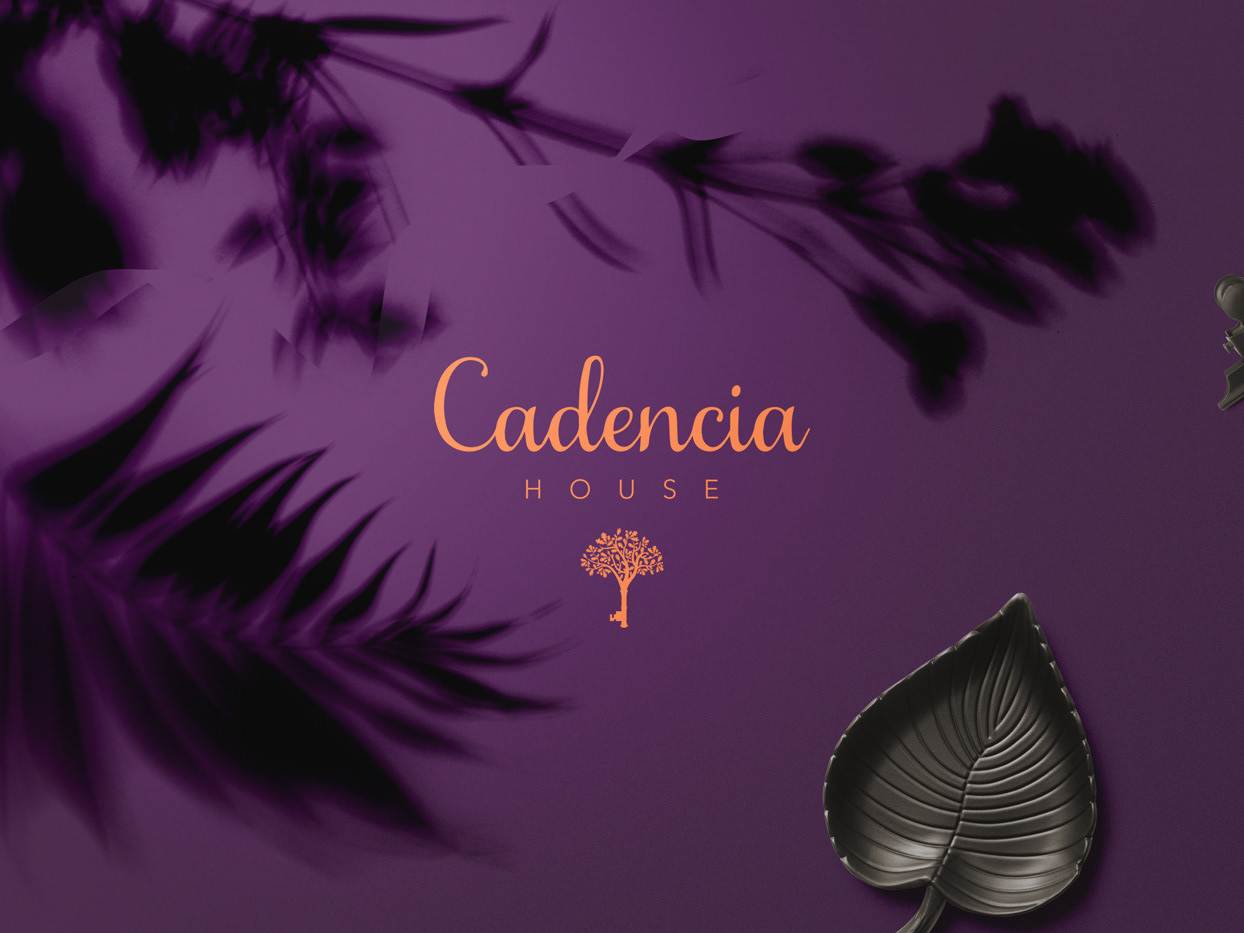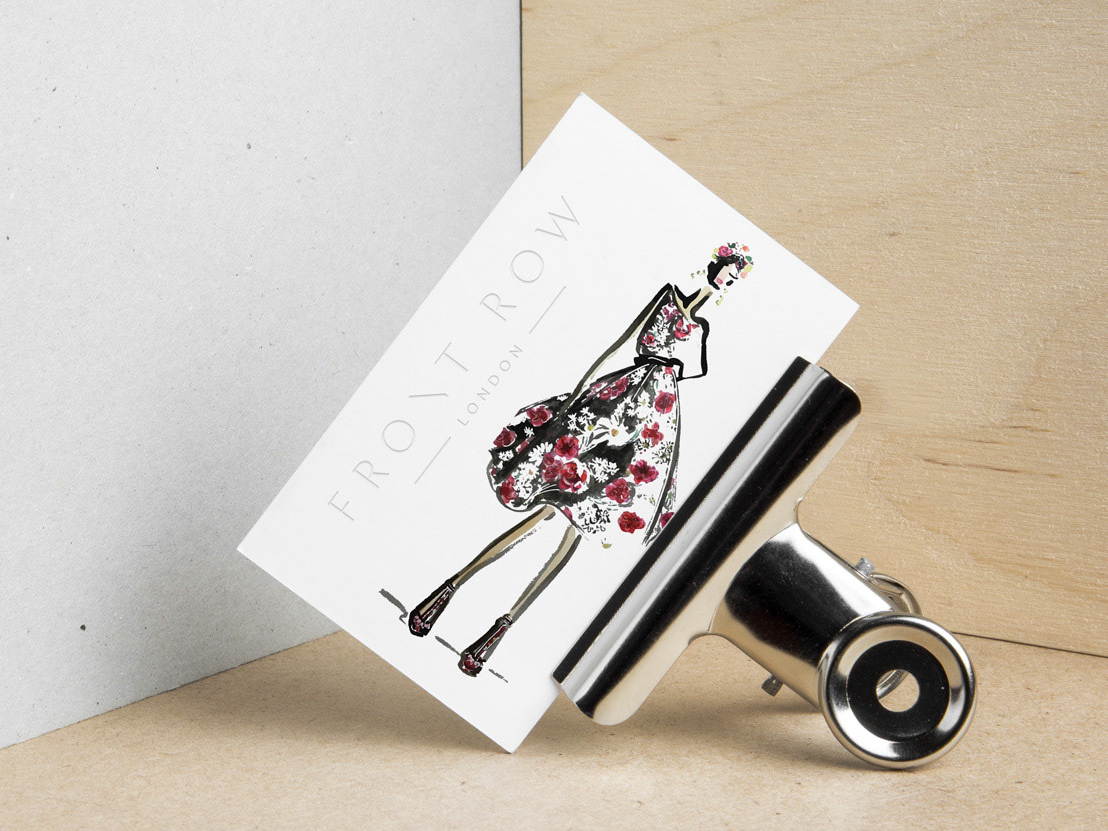Oil of Myrrh
Myrrh was very popular among ancient cultures. The Chinese valued it as a medicine, while Egyptians used it for embalming their pharaohs as well as for their sun-worshipping rituals. In fact, myrrh was mentioned in Ebers Papyrus, one of the oldest Egyptian medical texts, dating back to 1550 BC. Even the Greek soldiers made use of this resin, bringing it with them to battle to stop their wounds from bleeding. To extract myrrh, the bark of the tree is cut, and a yellow sap comes out. This sap dries into reddish-brown, walnut-sized lumps, with a unique sweet and smoky aroma, that are then used to make myrrh oil. Myrrh oil has a golden yellow or brownish color, and a rich, smoky and balsamic aroma. Myrrh oil's benefits can be attributed to its powerful antioxidant, antifungal, antiviral, anti-inflammatory, anti-parasitic, expectorant, and antispasmodic properties. This essential oil can help with many health conditions.










